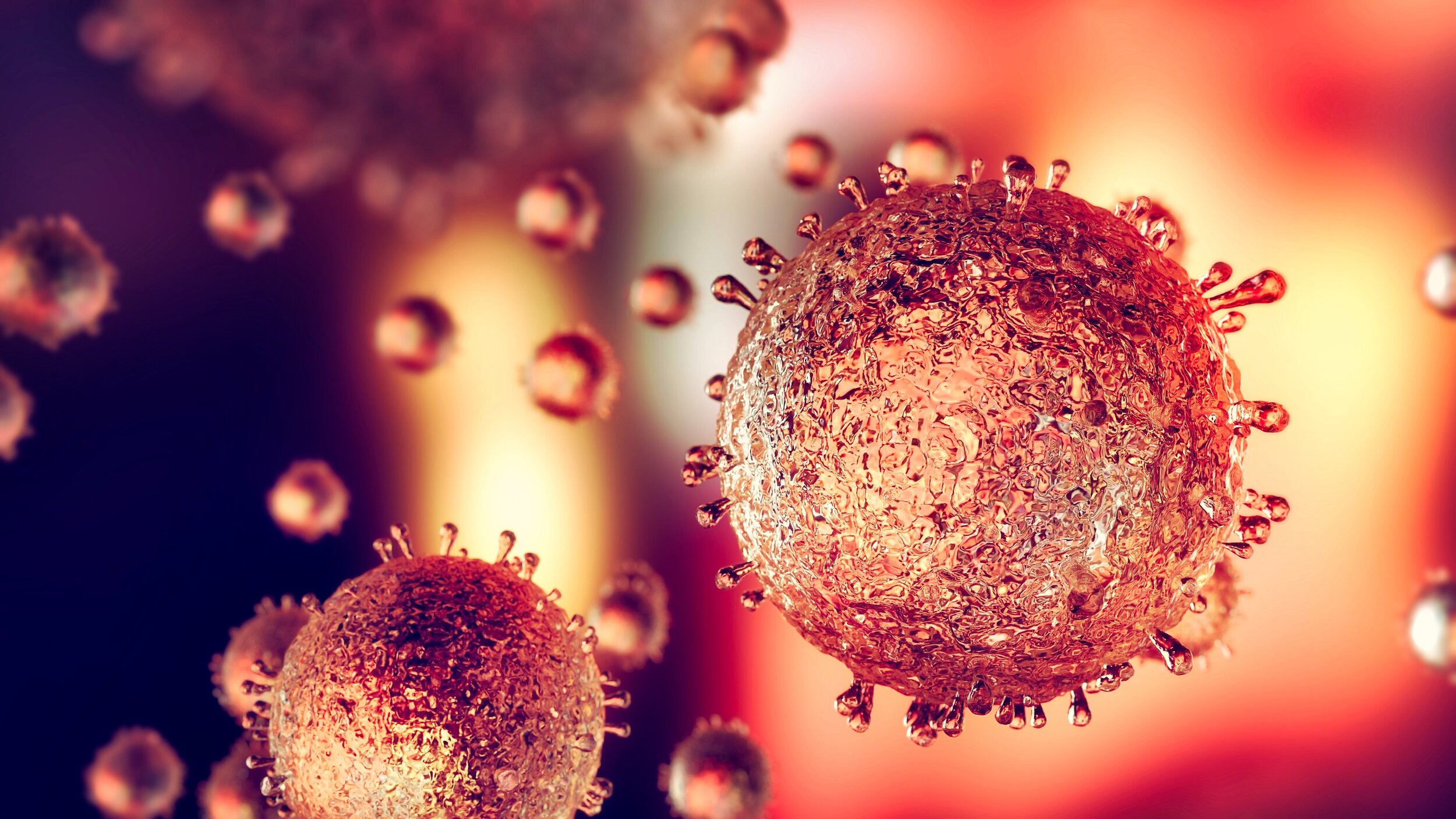Scientists can now predict the effectiveness of certain drugs before treatment.
A routine brain examination can be a valuable tool in determining the right treatment for depression. This became apparent in a recent large-scale study by the Stanford School of Medicine, in collaboration with the Brainclinics Foundation, Utrecht University, and Maastricht University. The results have been published in the science journal: Nature Biotechnology.
Image Credit: tampatra via iStock - HDR tune by Universal-Sci
People with depressive symptoms are ordinarily treated with antidepressants. Although reasonably successful, there is still a larger group of people for whom this particular treatment does not help.
In their research, the Stanford/Utrecht/Maastricht scientists demonstrate that the effectiveness of certain antidepressants can be predicted with help from electroencephalography (EEG). It is incredibly useful to be able to know whether or not medication will be a helpful tool in helping the patient before treatment starts.
A majority of people with depressive symptoms try different types of antidepressants, psychotherapy, or magnetic brain stimulation before they find adequate treatment. Martijn Arns, an experimental psychologist at the Utrecht University, stated that the goal with the development of precision psychiatry is to get past the 'so-called-one-size-fits-all' approach. By using biomarkers, it is possible to find the right treatment much quickly for people with symptoms of depression.
Antidepressants can be effective for some patients, others might benefit more from different methods of treatment like psychotherapy - Image Credit: jacoblund via iStock - HDR tune by Universal-Sci
Stratified psychiatry
The research shows that a typical brain test, such as electroencephalography, can be used to guide a patient towards the right treatment. The scientists call this "stratified psychiatry." With their findings, they take an important step in the direction of stratified medicine, in which specific biomarkers determine the choice of treatment.
Using machine learning
Researchers from the Stanford School of Medicine developed a machine learning algorithm that recognizes a biomarker in EEGs that can predict the effect of the antidepressant sertraline. In collaboration with the Brainclinics Foundation and neuroCare, the scientists applied the same algorithm to an EEG data set of nearly two hundred patients who had been treated with brain stimulation. The results showed that the absence of the sertraline predictor implies that someone will respond better to a specific transcranial magnetic stimulation protocol (1 Hz), a proven effective treatment for major depression. Noralie Krepel, a scientist from Brainclinics, stated that they want to help patients as best as they can, these findings might contribute to that.
Personalized psychiatry
According to Martijn Arns, the published findings are a significant step in the direction of precision psychiatry. It is beneficial to know beforehand whether medication makes sense or whether it is better to use a different type of treatment, such as psychotherapy or TMS. According to Arns is precisely what personalized psychiatry is all about.
Sources and further reading: An electroencephalographic signature predicts antidepressant response in major depression - Brainclinics Foundation press release
If you enjoy our selection of content please consider following Universal-Sci on social media:




















